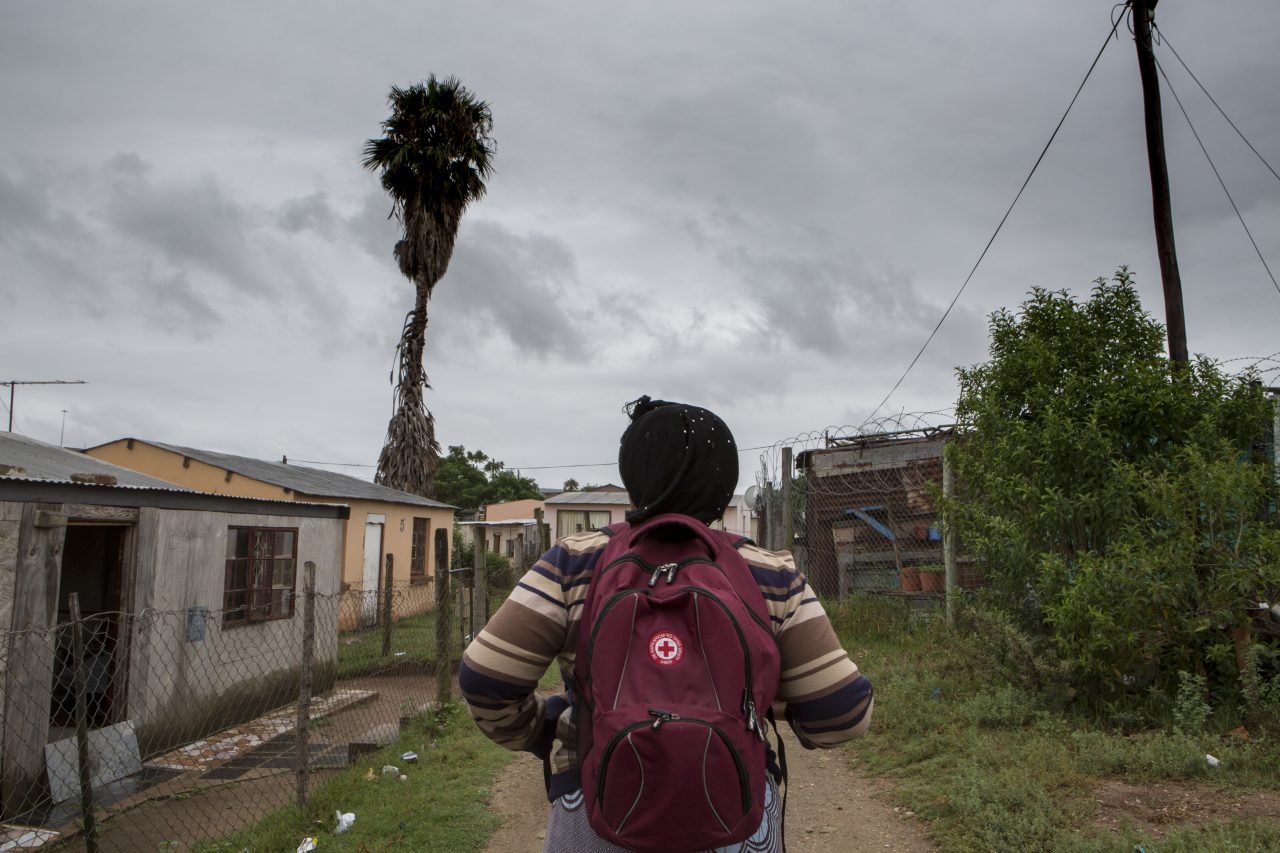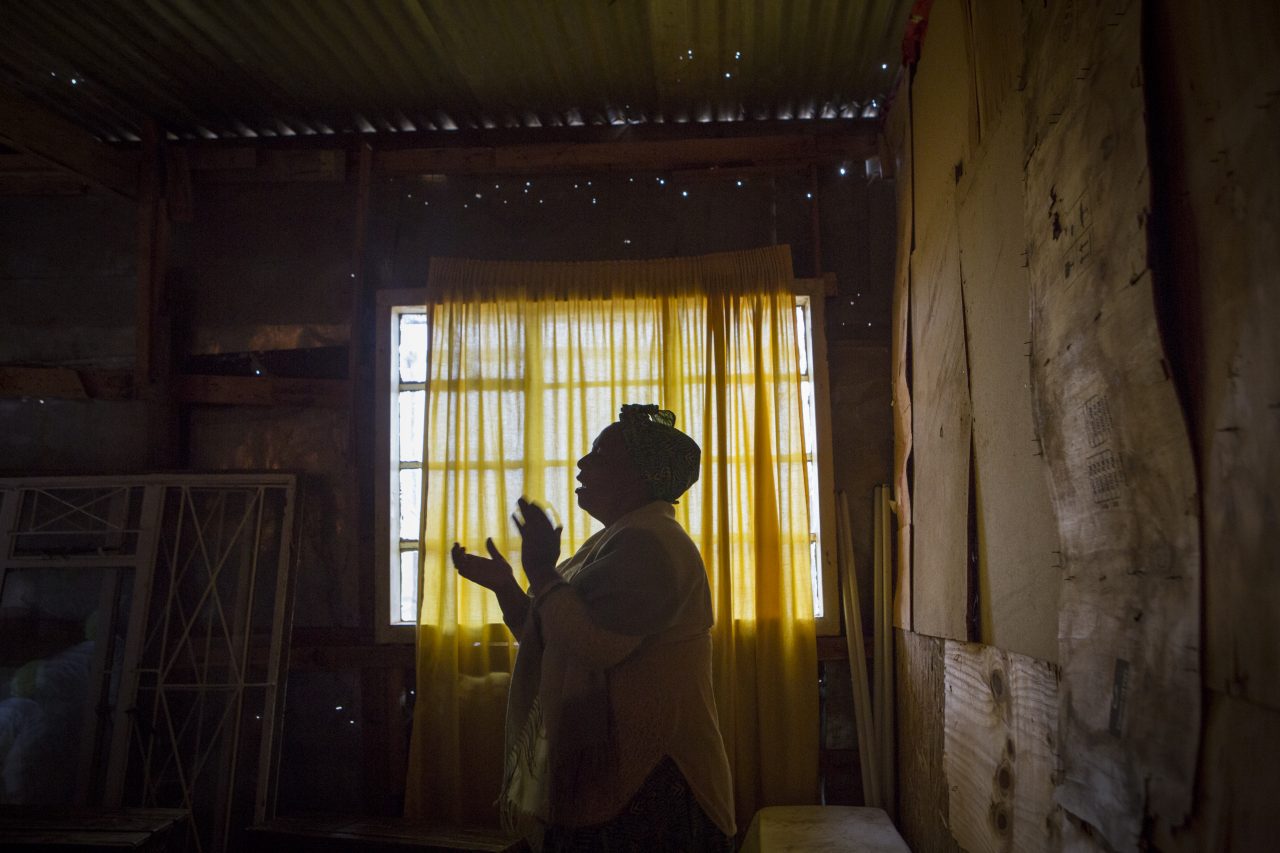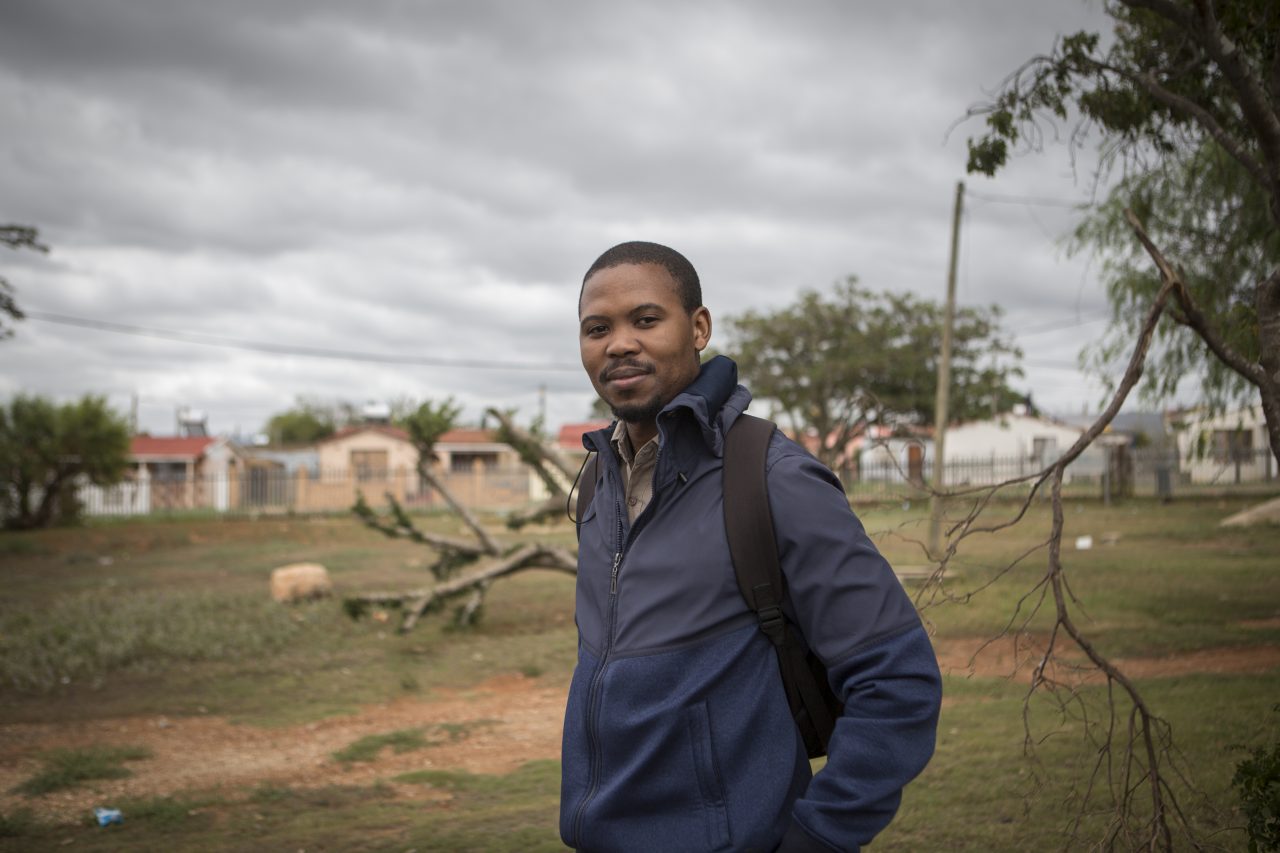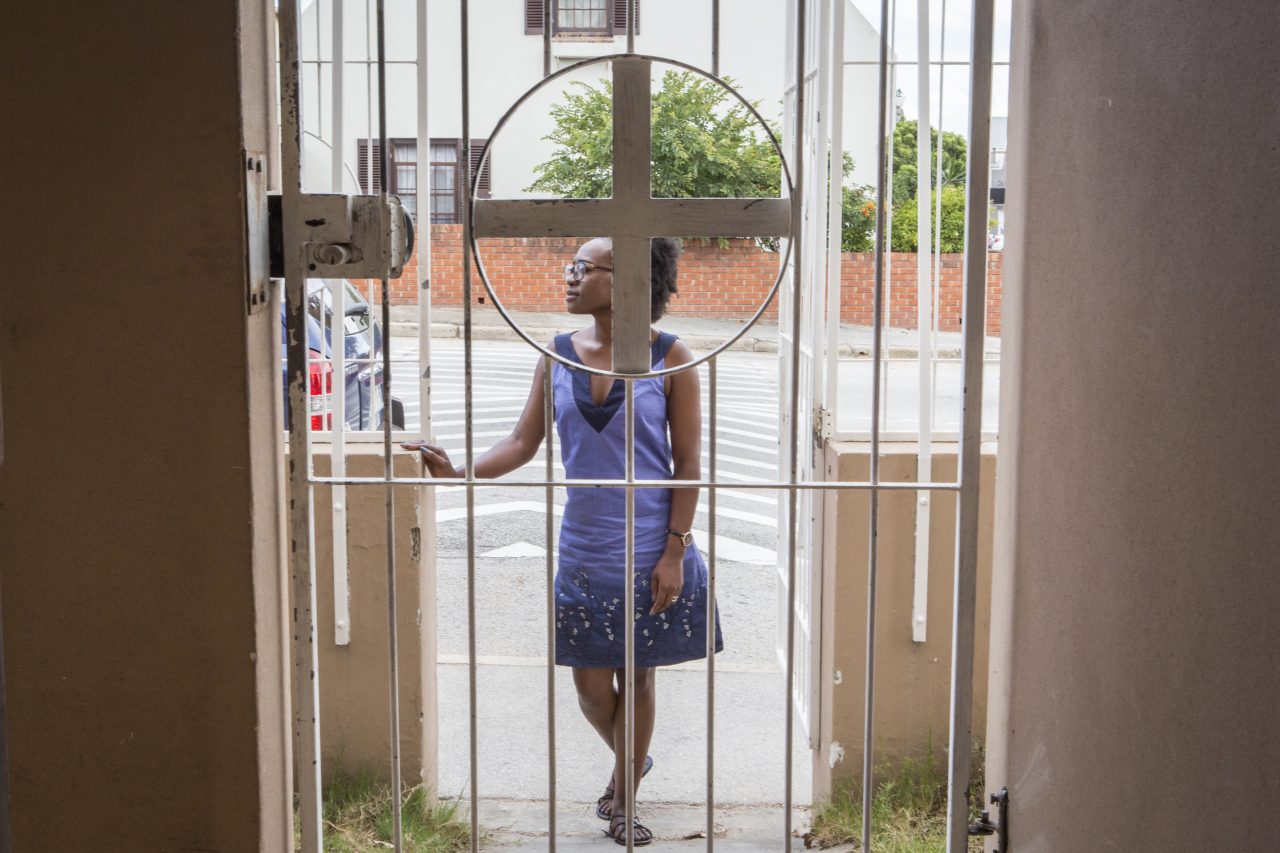Ruth Mufalali Van Rooyen was worried. One of her most dedicated volunteers was distraught. A young girl the volunteer was helping was very sick. “The volunteer was in tears on a daily basis because she was really worried that this child was not going to make it,” says Van Rooyen, who manages South African Red Cross Society volunteers who provide home care to 50 patients with multi-drug resistant tuberculosis (MDRTB) near Port Elizabeth, South Africa.
For the volunteer, who had been visiting the girl every day for over a year, ensuring she took her medicine and cared for herself, it was like losing a loved one. Fortunately, a few months earlier, Van Rooyen had sought out a volunteer psychologist to offer free counselling sessions for all the caregivers at the local Port Elizabeth and Uitenhage branches. “Through sessions with the counsellor and fellow volunteers, she kept going,” says Van Rooyen. “Today, this child is cured.”
Van Rooyen’s decision to seek out support is one example of a growing recognition in humanitarian circles that helping communities get healthy requires healthy caregivers, able to remain calm and compassionate despite the many pressures they face. After all, most volunteers on the front lines of today’s crises usually come from the same community as the people they serve. They are affected by same worries and challenges. Photographer and documentarian Alexia Webster talked to some of the South African TB caregivers. Here’s what they have to say.
 Red Cross Red Crescent magazine
Red Cross Red Crescent magazine 








